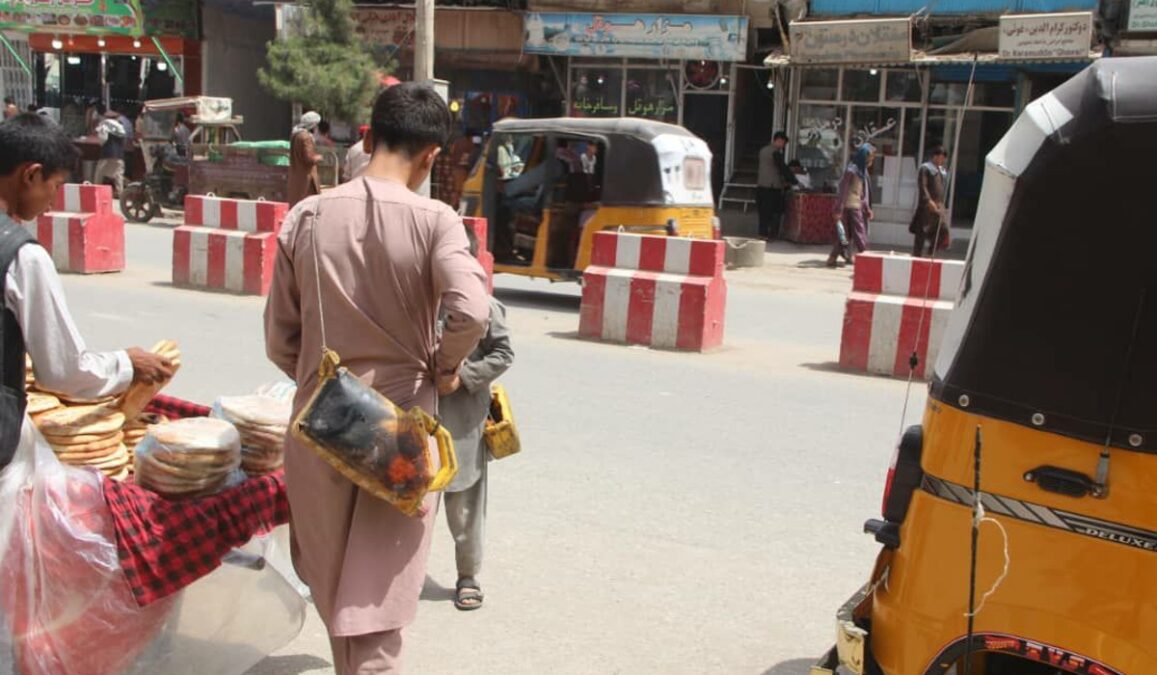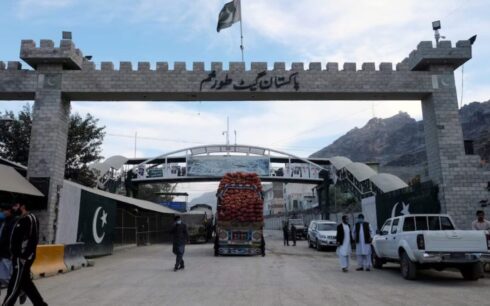The United Nations International Children’s Emergency Fund (UNICEF) warned Thursday of dire humanitarian situations in Afghanistan with more than 29 million of its population in need of humanitarian assistance, while children totaled almost 16 million of them.
The UN agency said in a report that as of 31 August 2023, 17.6 million are in need of “health assistance.”
After the fall of the former government, international assistance has been suspended to Afghanistan.
The humanitarian crisis remained unabated particularly after donor countries reduced their financial support due to the Taliban’s policies.
However, the women and children are the most vulnerable sector of Afghanistan’s economic and humanitarian crisis.
Amu spoke to a teenage boy Gulbuddin, who is forced to do labor work in order to support his family.
“There are eight people in the family. I earn 70 to 80 (afghani) and I take it home,” he said.
UNICEF said that at least 75,000 children under the age of five need treatment for severe acute malnutrition.
The lack of access to adequate food coupled with high rate of poverty, shortage of water, drought and effects of war seem to have played a major role in the rise of malnutrition in Afghanistan.
Medical doctor, Saayed Abdullah Ahmadi, said that the large number of children in families and the absence of a decent healthcare system are two key factors behind rising malnutrition among children in Afghanistan.
“The main reasons for malnutrition are poverty, unemployment, the large number of children in families; and the lack of a disciplined health system to treat children after they are born caused children to be affected by malnutrition. Unfortunately, the treatment of malnutrition costs more than precautions,” he said.
Different UN agencies warned of dire humanitarian situations and high poverty in Afghanistan, and said millions will starve if they are not provided with assistance this winter.
The World Food Programme said earlier that because of a funding shortfall, it was forced to cut “another two million hungry people from food assistance in Afghanistan in September”.
The organization said that in total 10 million people were cut off from its support this year in the country and that it will only be able to provide emergency assistance to three million people per month.
Hadith Farahmand, a resident of Takhar, said that poverty has caused many youths to drop out of school.
“Poverty is one of our biggest concerns in Afghanistan. Poverty caused many of our people to be dragged away from education. The current situation is gravely concerning,” he said.UNICEF said that its Afghanistan Humanitarian Action for Children (HAC) appeal is more than 52% funded.




